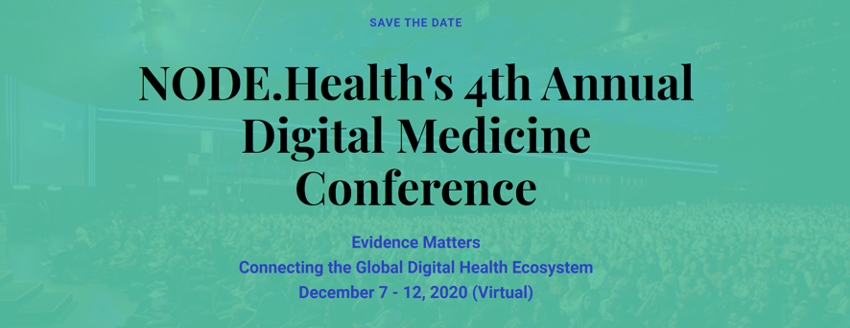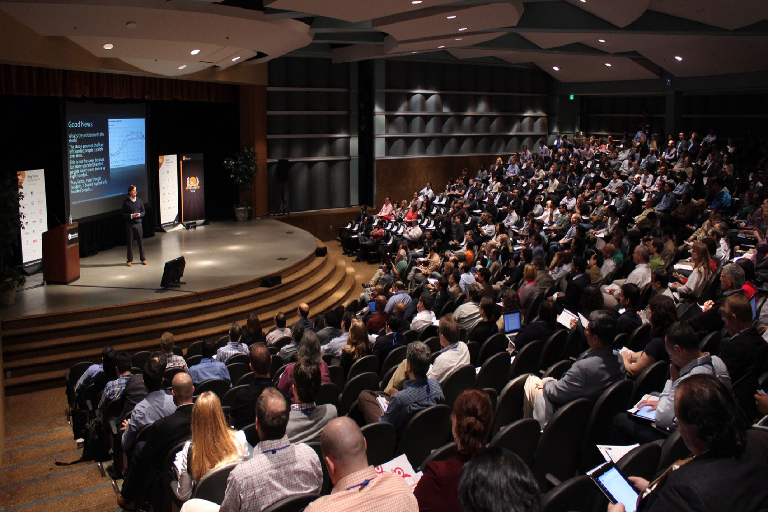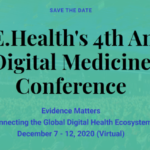Electronic health records (EHRs) have revolutionized healthcare, offering streamlined coordination, reduced errors, and enhanced patient outcomes. However, these benefits often entail significant time investments for physicians.
Physicians now spend considerable hours navigating healthcare portals, documenting notes, managing orders, and responding to patient inquiries. According to Eve Rittenberg, MD, a primary care physician at Brigham and Women’s Hospital, the time spent on EHR tasks often parallels or exceeds the time devoted to patient consultations.
Recent data underscores this reality, revealing that primary care physicians dedicate a median of 36.2 minutes per patient visit to portal activities, with notable increases in order management, message handling, and chart reviews compared to pre-pandemic levels.
While acknowledging the potency of EHRs as clinical tools, Ralph DeBiasi, MD, a cardiac electrophysiologist at Yale New Haven Health, emphasizes the ongoing challenge of optimizing their utility without unduly burdening healthcare providers.
Compensating physicians for portal-related tasks remains a contentious issue. Unlike clinical hours, time spent in the EHR often goes unrewarded, exacerbating workload discrepancies among specialties. Moreover, gender disparities compound this issue, with female physicians disproportionately bearing the burden of additional portal responsibilities.
Efforts to address this disparity include instituting patient charges for portal consultations and introducing productivity incentives for physicians. Changes to reimbursement structures, such as billing for digital management services, also aim to alleviate the strain on clinicians.
Despite these initiatives, concerns persist regarding physician burnout and attrition attributed to EHR-related demands. Rittenberg, who dedicates half of her workday to portal activities, has been compelled to reduce her clinical workload by a quarter to manage the strain effectively.
As healthcare systems strive to balance patient care with provider well-being, the intrinsic value of EHRs in enhancing diagnostics and communication remains undisputed. However, achieving optimal utilization while safeguarding physician satisfaction necessitates ongoing adaptation and innovation.
DeBiasi emphasizes the benefits of EHR for patients, highlighting how it improves access to healthcare services. He suggests that incorporating EHR into daily schedules can enhance patient access to care.
However, Rittenberg argues that this shouldn’t burden physicians. She advocates compensating physicians for EHR time and promoting a team approach to balance administrative tasks, allowing physicians to focus on clinical duties.
Rittenberg stresses the need for compensation models to adapt to the evolving healthcare landscape.
Jodi Helmer, a freelance journalist specializing in health and wellness, has contributed to publications like Fortune, AARP, WebMD, Fitbit, and GE Health.






























